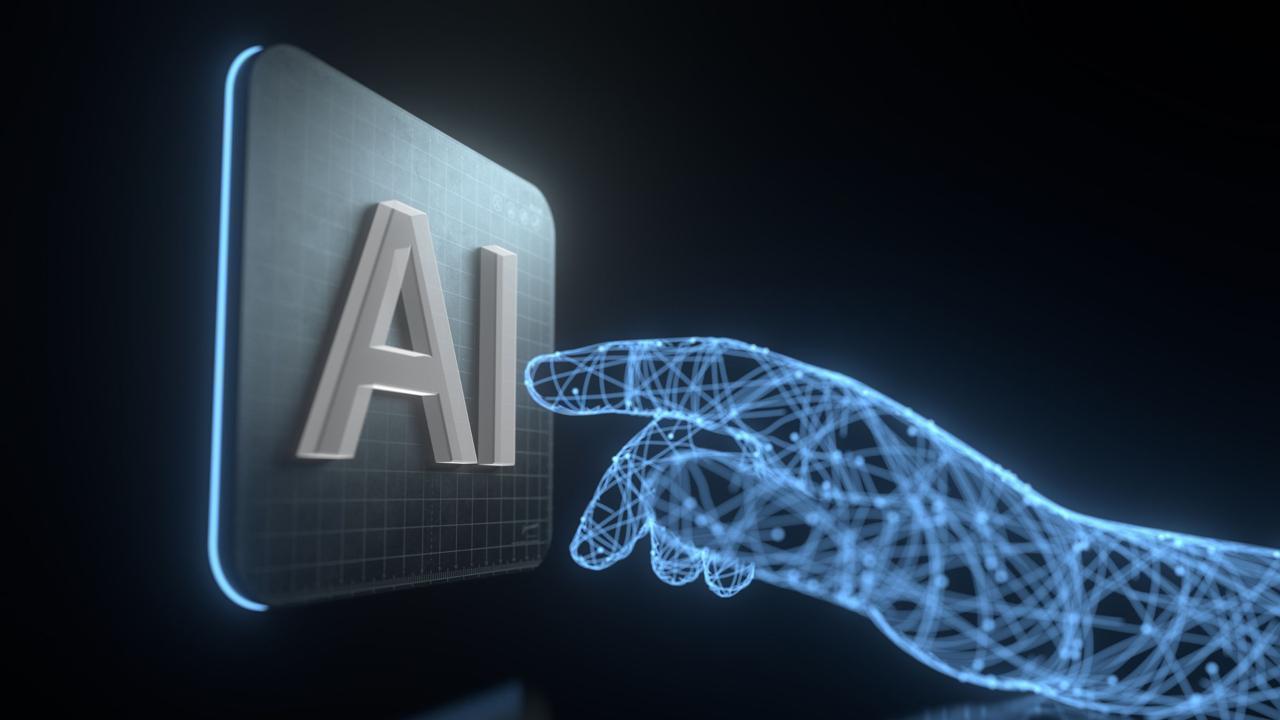
Post by : Vansh Kumar
The Rising Influence of AI and Why Ethics Matter More Than Ever
As artificial intelligence (AI) continues to evolve and integrate into our daily lives, understanding the moral questions in building artificial intelligence has become a pressing concern for developers, governments, and the public alike. From voice assistants and recommendation systems to facial recognition and autonomous vehicles, AI influences how we work, interact, and make decisions. With this growing influence comes a responsibility to ensure AI aligns with ethical standards that prioritize fairness, safety, and humanity.
Why Understanding AI Ethics Matters
The field of AI is no longer confined to tech labs or science fiction movies. It’s shaping real-world policies, financial systems, healthcare, hiring processes, and even legal decisions. That’s why understanding the moral questions in building artificial intelligence is vital—because the impact of AI goes beyond code. It touches lives.
Consider an AI system used in hiring: if it is trained on biased data, it may unfairly reject qualified candidates based on race, gender, or background. Or a medical AI tool that misdiagnoses a condition because it was not trained on a diverse patient dataset. These are not just technical failures; they are ethical failures with real consequences.
The Question of Bias and Fairness
One of the most urgent ethical concerns in AI is bias. Bias in AI often results from biased training data—historical records that reflect human prejudice. If not addressed, this bias can perpetuate discrimination at scale.
Understanding the moral questions in building artificial intelligence means recognizing how data sets are curated, how algorithms are trained, and who is represented—or left out. Developers must ask: Is the data inclusive? Does the AI system make decisions that are fair to all groups?
Solutions like fairness audits, algorithm transparency, and diverse development teams are critical to reducing bias. But without conscious ethical reflection during the design and deployment phases, even the best-intended systems can go wrong.
Responsibility and Accountability
Another key issue in understanding the moral questions in building artificial intelligence is responsibility. If an AI makes a harmful decision, who is accountable—the programmer, the company, or the AI itself?
Unlike traditional tools, AI systems can “learn” and make decisions independently, which makes assigning responsibility complicated. Legal frameworks worldwide are still trying to catch up. Many experts believe that transparency—making AI decisions explainable to users—is essential. This way, users can understand how outcomes are generated and who holds liability when something goes wrong.
The principle of accountability calls for AI creators and operators to remain involved and vigilant, ensuring that systems continue to behave ethically throughout their lifecycle.
Privacy and Surveillance Concerns
The power of AI to process large amounts of personal data raises major privacy issues. Whether it’s smart assistants listening to conversations or facial recognition systems monitoring people in public, the question becomes: how much privacy are we willing to trade for convenience or security?
Understanding the moral questions in building artificial intelligence must include a discussion about consent, data protection, and digital rights. People should have control over their personal data and know how it's being used. Regulations like GDPR in Europe have made strides in protecting privacy, but global standards are still needed.
Moreover, governments and corporations must use AI responsibly, ensuring that surveillance tools are not misused to suppress freedom or violate human rights.
Disclaimer:
This article is intended for informational purposes only. While DXB News Network strives to provide accurate and current content, readers are encouraged to consult trusted experts and official sources when exploring ethical issues in artificial intelligence. DXB News Network is not responsible for any actions taken based on the content presented in this article.










NCM issues fog and low visibility warning in UAE
National Centre of Meteorology warns of fog and reduced visibility in coastal and internal areas, ur

UAE expresses full solidarity with Kuwait over maritime rights
UAE expresses full solidarity with Kuwait and urges Iraq to resolve maritime concerns through intern

Dubai Parks to Offer Free Medical Tests During Ramadan
Free health screening buses will provide eye, blood pressure and glucose tests across major Dubai pa

T20 World Cup India Prepare to Crack Spin Test in Super Eight
Bowling coach Morne Morkel confident Indian batters will regain rhythm against spinners as Super Eig

Alcaraz Survives Six Match Points to Reach Qatar Final
World No.1 Carlos Alcaraz defeated defending champion Andrey Rublev in a tense semifinal, saving six

Green Roofs in Saudi Cities: Is Greening Possible in the Desert
Amid mega projects, Saudi Arabia is emphasizing the adoption of green roofs as urban infrastructure